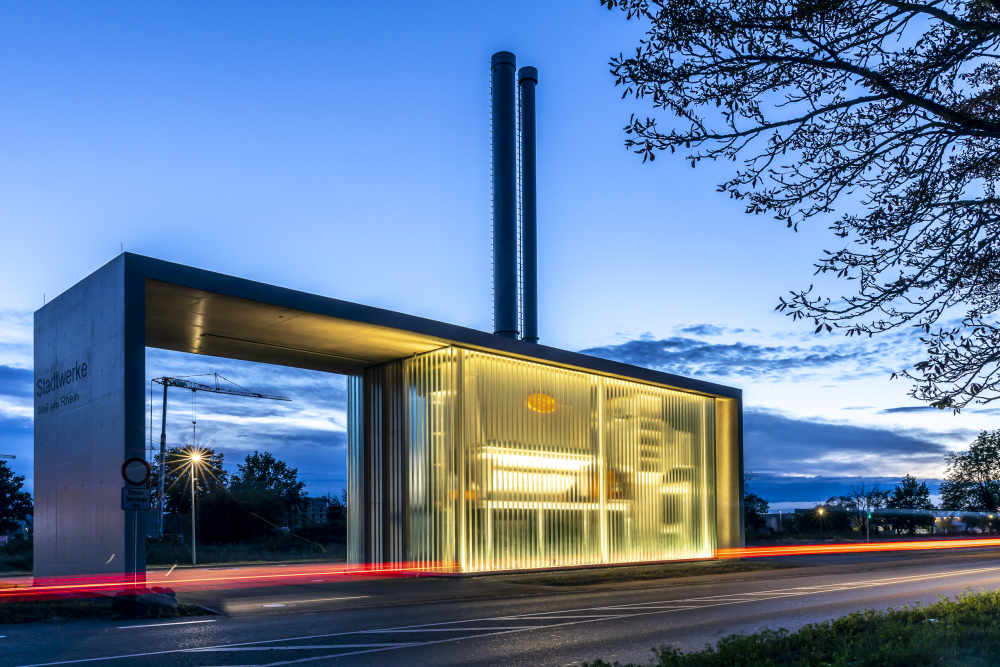| Duration: | 11/2021 - 10/2026 |
| Contracting Authority / Sponsors: |
Federal Ministry of Economic Affairs and Climate Action (BMWK) |
| Project Partners: | Fraunhofer ISE (Coordination), University Freiburg, HBG GmbH |
| Project Focus: |
WOpS - Heat Flow Optimization for Sector Coupling
Joint project: EnEff:Wärme: WOpS - Heat flow optimization for sector coupling in district heating networks by means of MPC under consideration of an electricity market-oriented operation, subproject: Modelling, Simulation and Operation Management, Coordination, Collaboration IEA DHC, Annex TS5
The project »Heat flow optimization for sector coupling«, in short: »WOpS«, aims to develop a module-based control for heat networks, which will subsequently be demonstrated in real existing plants. The aim is also to make this control system easily adaptable to other heating networks. With the developed application framework, differently characterized and decentrally arranged heat sources are to be used with the help of a model-predictive approach, optimally taking into account the hydraulic framework conditions as well as adapted to the requirements from the electricity and heat market.
The module-based control system is to be developed in such a way that the operation of the various heat generators takes place as efficiently as possible. In other words, the required heat should be provided to customers as cost-effectively as possible while maintaining a high level of availability. Technical barriers that arise here, especially in network control, are to be reduced so that the district heating systems function without complications.
To achieve this, dynamic start-up and shut-down processes of the individual plants, as well as the coupling of heat and power generation, and the use of self-generated electricity (e.g. in combined heat and power plants or heat pumps) must be taken into account. This requires intelligent and holistic control and optimization algorithms that take demand and weather forecasts into account. In addition, the restrictions resulting from thermal-hydraulic grid dynamics, generator limitations and storage capacities in the grid must be included.
Since the network is to be compressed, further expanded and transformed in the future and additional heat generators will be required, decentralized arrangements of the generators in the network will result. These arrangements lead to the fact that the mass flow or the residence time and thus the temperature transport, which results from effects of the network hydraulics, must not be neglected in the model-technical consideration.
The larger and more diverse the networks become, the greater the challenge for the mathematical formulation of the model as well as its robust solution in the context of optimization. Therefore, mathematical solution strategies for non-linear optimization will also be developed in the project. In addition, a demonstration in several real heat grids will take place. In the course of the implementation in existing networks, a robust integration of the developed control into the network operation will be implemented, so that the heat supply for the customers is ensured even in case of disturbances or measurement errors. The final evaluation will take place in the connected phase of the metrological analyses.
The project is intended to reduce the technical barriers to the implementation of complex control strategies for decentrally structured district heating systems.
